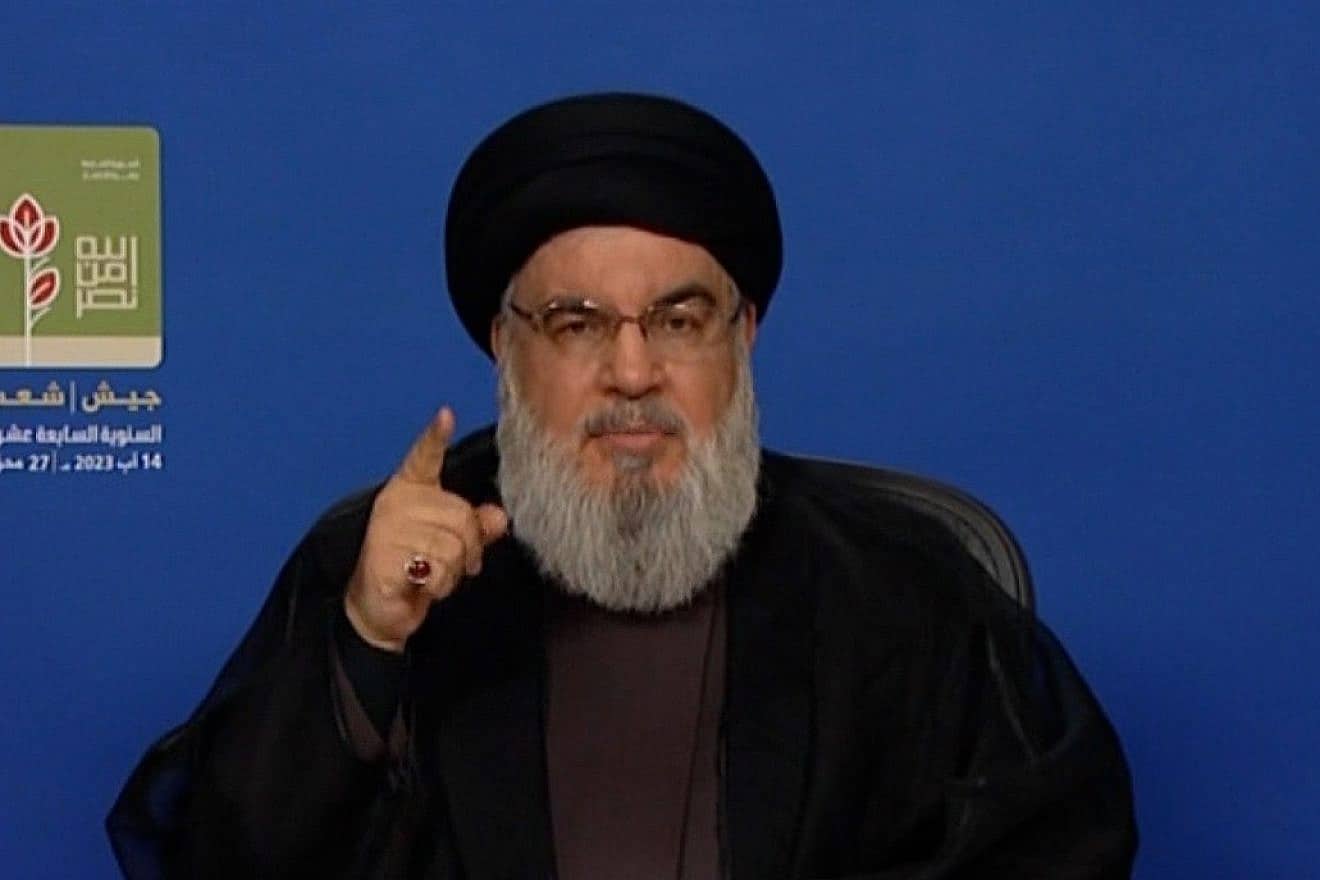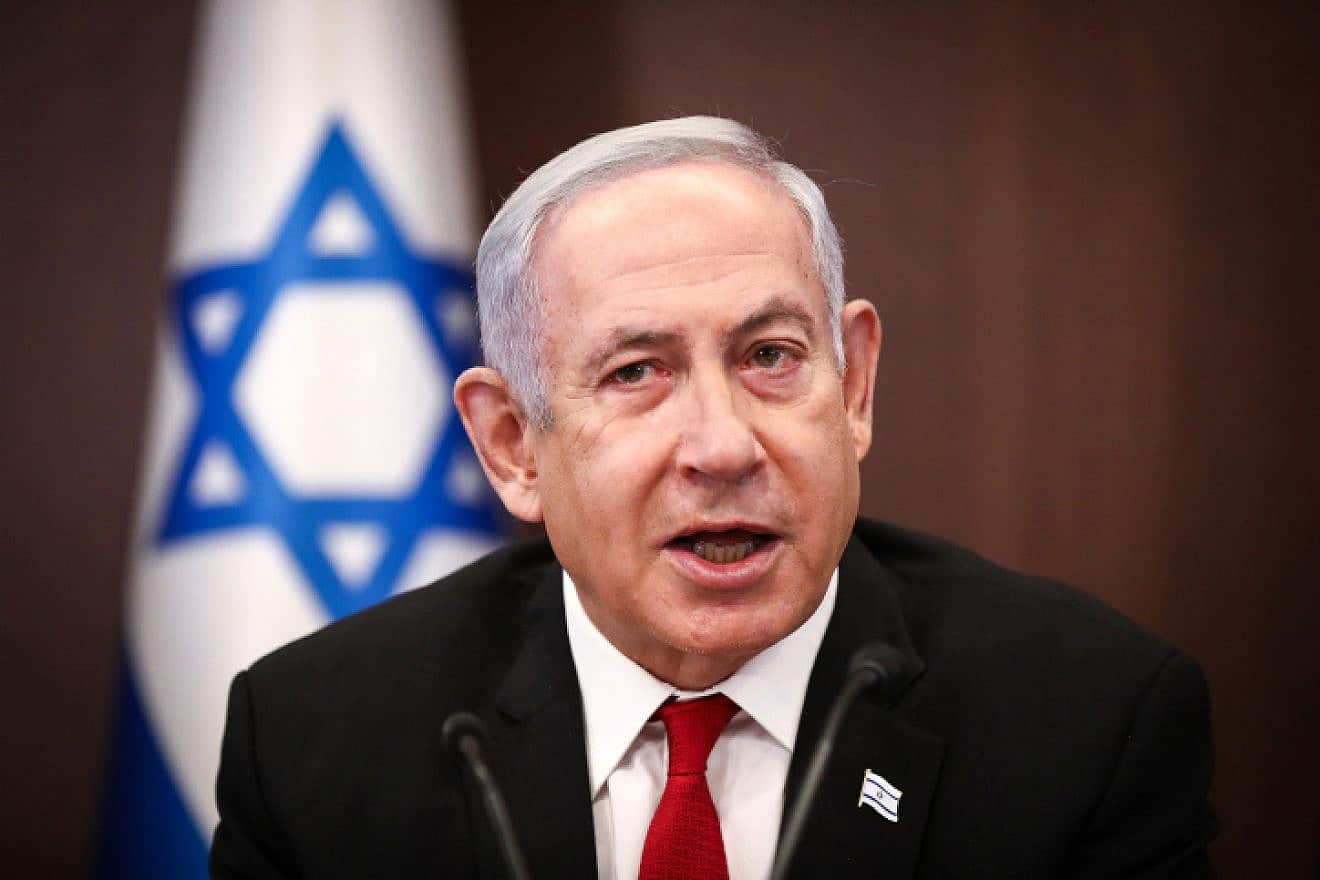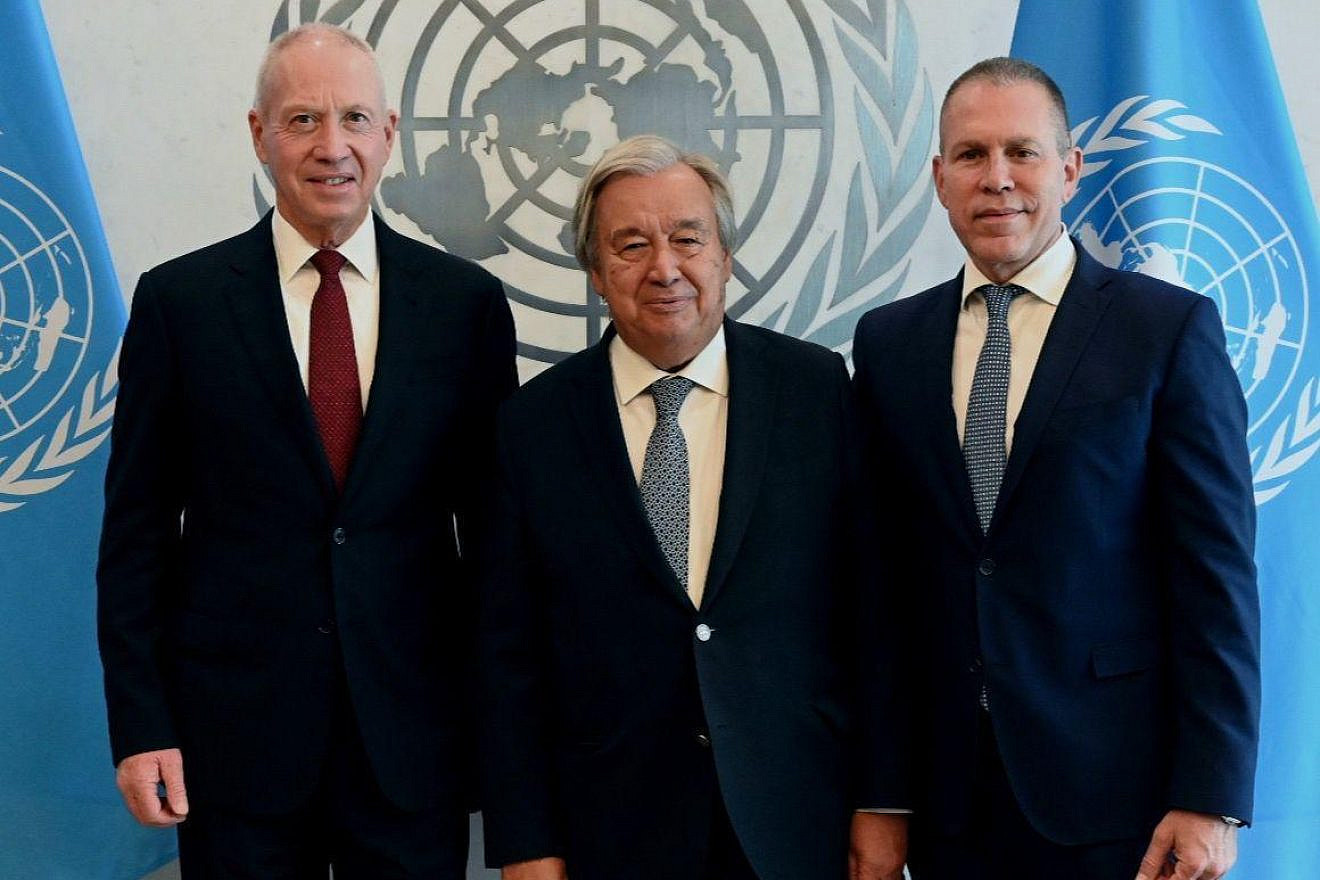Israeli Defense Minister Yoav Gallant on Monday called for the United Nations to step in to stop the growing threat from Hezbollah at the Lebanon border.
The minister made the request during a meeting at the organization’s headquarters in New York with U.N. Secretary General António Guterres.
פגישה חשובה עם מזכ״ל האו״ם @antonioguterres , יחד עם שגריר ישראל באו״ם @giladerdan1 🇮🇱🇺🇳
בפגישתנו, שוחחנו על הפרות הריבונות של חיזבאללה בגבול הצפון, על הניסיונות האיראניים לדחוף את ארגוני הטרור לפעולה נגד ישראל ועל הצורך בקידום סוגיית השבויים והנעדרים המוחזקים ברצועת עזה. pic.twitter.com/cbbJweUfIo
— יואב גלנט – Yoav Gallant (@yoavgallant) August 29, 2023
“Minister Gallant raised the growing tensions on Israel’s northern border as a result of ongoing provocations and flagrant violations by the Hezbollah terrorist organization—including the erection of a Hezbollah tent within Israeli territory, the establishment of dozens of military compounds along the border, and increasing patrols and presence by Hezbollah operatives,” the Defense Ministry said in a statement.
In early April, Hezbollah pitched two tents a few meters on the Israeli side of the Blue Line. The position, located across from an IDF post, was reportedly manned by three to eight armed terrorists.
Israel’s Foreign Ministry has revealed that Hezbollah has in the past year constructed no fewer than 27 military posts along the border. The posts were built under the guise of Green without Borders, which poses as an environmental NGO.
In the latest reported provocation, a Hezbollah terrorist on Aug. 13 threw a firebomb into Israeli territory, damaging water infrastructure near the security fence.
“Minister Gallant stressed the urgent need for immediate U.N. intervention in de-escalating tensions by strengthening UNIFIL authority in the region, ensuring their freedom of movement and implementing their mandate.
“Minister Gallant noted that Israel will not tolerate increasing threats to the security of its citizens, and will act as required in their defense.”
Video from the meeting of an Israeli delegation led by Defense Minister Yoav Gallant with U.N. Secretary General António Guterres at U.N. headquarters in New York, Aug. 28, 2023. Credit: Liri Agami.
The U.N. Security Council is expected to renew UNIFIL’s yearly mandate, which expires on Thursday. The U.N. peacekeeping force in southern Lebanon was established in 1978 to confirm Israel’s withdrawal from Lebanon following a military incursion. After the summer of 2006’s Second Lebanon War between Hezbollah and Israel, UNIFIL’s mandate was expanded to monitor the cessation of hostilities.
Gallant also discussed the Iranian threat with Guterres, using the Hezbollah situation at the Lebanon border as an example of the danger of Tehran working to extend its tentacles to the regions surrounding the Jewish state via its terrorist proxies.
The meeting with Guterres also included Israel’s Ambassador to the U.N. Gilad Erdan, Gallant’s Chief of Staff Shachar Katz and Military Secretary Brig. Gen. Guy Markizano, IDF International Cooperation Division head Brig. Gen. Effie Defrin and Dror Shalom, director of the Defense Ministry’s Political-Military Bureau.
Gallant also expressed appreciation to Guterres for his “personal contribution and investment” in helping to bring back Israeli citizens held captive by the Hamas terrorist group in the Gaza Strip.
Nasrallah threatens “severe reaction”
Hezbollah leader Hassan Nasrallah on Monday warned of a “severe reaction” should Israel restart its policy of targeted killings of terrorist leaders.
“For any Israeli assassination against a Lebanese, Palestinian, Iranian person or anyone else that is carried out on Lebanese territory—there will be a severe reaction and we will not be silent about it,” Nasrallah said.

“We will not allow a return to assassinations in Lebanon and we will not accept changes to the rules of conflict. Israel must understand this,” he continued.
Nasrallah spoke a day after Prime Minister Benjamin Netanyahu responded to a senior Hamas official’s threat of a “regional war” should Israel resume targeted killings in the wake of a series of deadly terrorist attacks in Judea and Samaria.
Saleh al-Arouri—currently based in Lebanon and Hamas’s top commander in Judea and Samaria—raised the threat of war in an interview on Friday with Al Mayadeen, a pro-Hezbollah Lebanese paper.
At the start of Sunday’s weekly Cabinet meeting, Netanyahu said that he had heard al-Arouri’s “arrogant words” spoken “from his hiding place in Lebanon.

“He knows very well why he and his friends are in hiding places,” the premier added.
“Hamas, and the other Iranian proxies, understand very well that we will fight with all means against their attempts to use terrorism against us—in Judea and Samaria, Gaza and everywhere else. Whoever tries to hurt us, whoever finances and organizes, whoever dispatches terrorists against Israel—will pay the full price,” Netanyahu said.
So far in 2023, Palestinian terrorists have killed 35 people (34 Israelis and an Italian tourist) in Israel and carried out almost 200 shooting attacks in Judea and Samaria.
With the threat that Israel could pursue targeted killings of terrorist leaders, Hamas has taken protective measures, including evacuating critical sites in the Gaza Strip in anticipation of an imminent attack. Similarly, in Lebanon, Hamas has sounded the alert among its members.


























